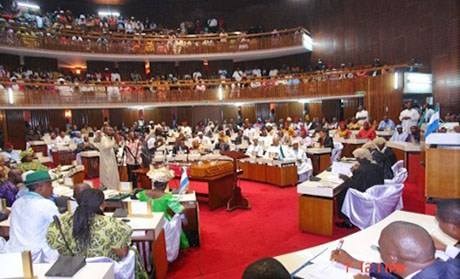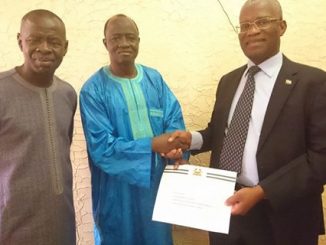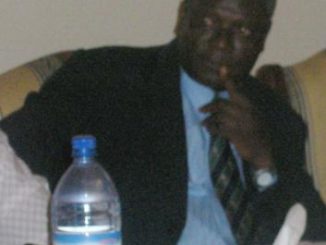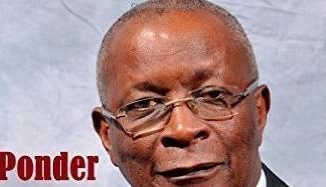
THE IMPASSE BETWEEN THE SPEAKER AND THE OPPOSITION ON THE NEED FOR A DEBATE ON THE STATUTORY INSTRUMENT ON THE COMMISSION OF INQUIRY INTO THE ROLE OF THE EXECUTIVE IN HANDLING THE AFFAIRS OF THE STATE UNDER THE PREVIOUS REGIME
The issue is not about crunching the law it is more to do with the rules and procedures of Parliament especially when it come to the tabling of a Statutory Instrument that is in fulfillment of an important section of our Constitution – Commissions of Inquiry. Statutory Instruments (SIs) are a form of legislation which allow the provisions of an Act of Parliament to be subsequently brought into force or altered without Parliament having to pass a new Act. They are also referred to as secondary, delegated or subordinate legislation. Statutory Instruments are just as much a part of the law of the land as an Act of Parliament.
The Courts can question whether a Minister, when issuing an SI, is using a power he or she has actually been given by the parent Act but cannot question the validity of the Statutory Instrument for any other reason. All Statutory Instruments that are subject to parliamentary procedure must now be accompanied by an explanatory memorandum (EM). This is a short document, which should explain in plain English what the SI does and why. Where it is linked to other SIs or fulfills the requirements of an Act the EM should set this out. The EM should be made freely available to the public. Whether an instrument is subject to parliamentary procedure is determined by the parent Act.
Some SIs are not laid and as such are not subject to any parliamentary procedure and simply become law on the date stated in them. Such Instruments are, in general, not contentious. In the case of the Statutory Instrument on the Commission of Inquiry, it is a contentious issue especially if one takes into consideration matters such as rules of procedures/evidence; and the target miscreants (i.e. The Executive and Heads of Parastatals of the previous government).
There are those who are of the opinion that Permanent Secretaries and Vote Controllers should also be included in the list of those that should be called before the Commission of Inquiry. This is because, the management of public sector does not exist in an institutional and political vacuum. The public, the political leadership of government and its public servants are closely tied to each other by institutional arrangements and political interaction. Naturally, business of government is entrenched in politics.
In law and indeed the workings of Parliament there is the widely used Latin phrase ‘Audi Alteram Partem’ – Hear the other side. It is for this reason and in the interest of natural justice that the Speaker should allow a substantive motion that the SI be the subject of a debate in the Well of Parliament. Sierra Leone has come a long way to safeguard her democratic values so the Speaker must be mindful of the concerns of civil society and other public interest groups when making rulings in Parliament that are of national significance.




